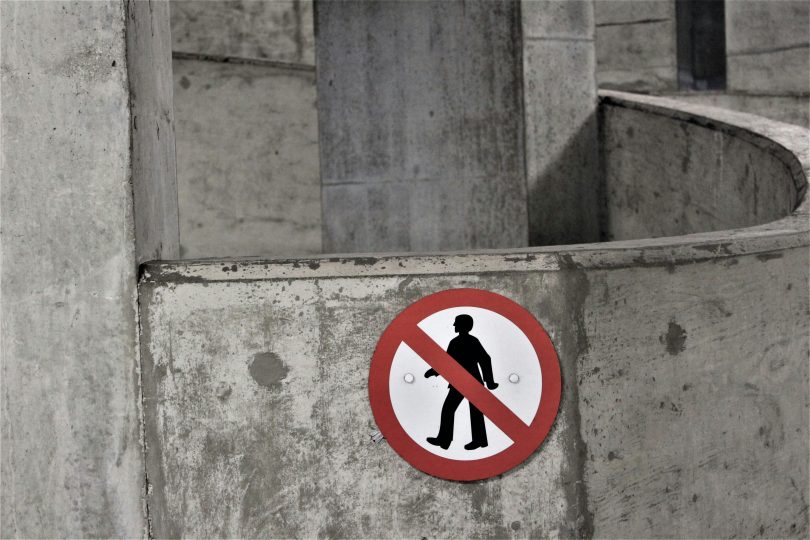If you’re in a Medicare Advantage plan or any other corporate health insurance plan and need costly care, you can expect a denial from your insurer about once every seven times you seek treatment, reports Jeff Lagasse for HealthcareFinanceNews. A new national survey by Premier found that insurers deny almost 15 percent of claims for reimbursement, including claims for care that the insurers had authorized. And, insurers offering Medicare Advantage plans require prior authorization about 25 percent of the time.
Insurers sometimes do not pay hospitals, health systems and nursing homes, even after they have okayed delivery of care. To be clear, insurers can deny payment with impunity, allowing them to hold onto assets. They challenge providers to appeal their decisions, a tactic that serves insurers’ bottom lines well.
Insurers end up paying more than half of the claims that they deny initially. However, they only do so if providers are willing and able to go through a time-consuming and costly appeal process. For the providers, it is usually worth appealing since insurer denials are generally for costly charges.
Health care providers spend nearly $20 billion each year appealing insurance corporation denials. That breaks down to $43.84 per claim on about three billion claims. Providers incur additional costs from the need for more clinical work–$13.29 for an inpatient stay and $51.20 for inpatient surgery, according to American Medical Association estimates.
Even when providers prevail on appeal, they generally can wait as long as six months after treating patients to get paid. Not surprisingly, many hospitals are hurting. In stark contrast, UnitedHealth and Cigna have around 25 percent more cash on hand today than they did five years ago.
People with corporate health insurance not yet eligible for Medicare might not get the care they need for fear of having to pay out of pocket for it. About half say that they couldn’t pay a $1,000 hospital bill in 30 days time, according to a Commonwealth Fund report. Forty-six percent say they skip or delay needed care because they can’t afford to pay for it.
People with Medicare should never be responsible for bills Medicare or their Medicare Advantage plans don’t pay. But, their doctors and hospitals might not provide them needed care, concerned that they won’t be paid for it.
Premier’s survey found that people in Medicare Advantage plans needing skilled nursing facility care are especially likely to face denials. Insurers deny about one in five provider requests for discharge from a hospital to a skilled nursing facility.
CMS needs to collect data on MA insurer payment delays and denials. Inappropriate delays and denials violate insurers’ contractual obligations.
Here’s more from Just Care:
- The wrong choice of Medicare Advantage plan could kill you
- OIG finds widespread inappropriate care denials in Medicare Advantage
- How prior authorization requirements in Medicare Advantage could threaten your health
- Bill in Congress to address burdensome Medicare Advantage prior authorization requirements will be of little help
- Medicare Advantage plans use AI to deny care











I just signed up with United Healthcare because there was literally no other government administered medical insurance to supplement my Medicare – do you know of any alternative in the state of Maryland? – if so, please let me know – how can you tell people not to get Medicare Advantage when there are literally no alternatives?
Dear Viktor, I apologize for not being clearer. You can get United Healthcare as a supplement to traditional Medicare. In that role, United Healthcare is highly regulated and must fill gaps in traditional Medicare coverage. You are correct that you cannot get government-administered supplemental insurance. With traditional Medicare and supplemental insurance, you can best ensure you are covered for the care you want and that your physicians say you need, in a timely fashion and from the providers you want to use.
Your alternative to traditional Medicare is to enroll in a Medicare Advantage plan that United Healthcare or another corporate insurer offers. In a Medicare Advantage plan, you cannot ensure you are covered for the care you want and that your physicians say you need, in a timely fashion and from the providers you want to use.